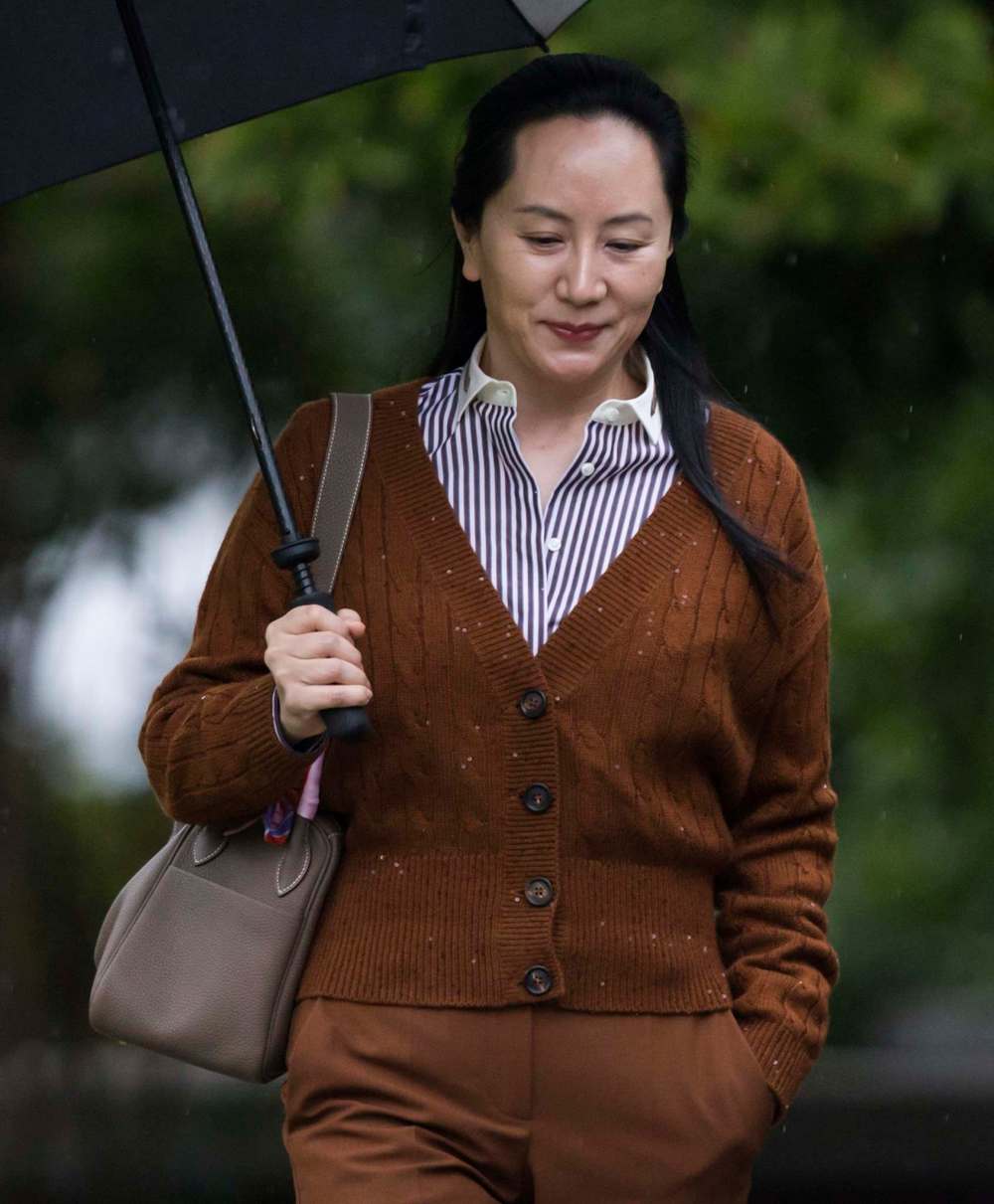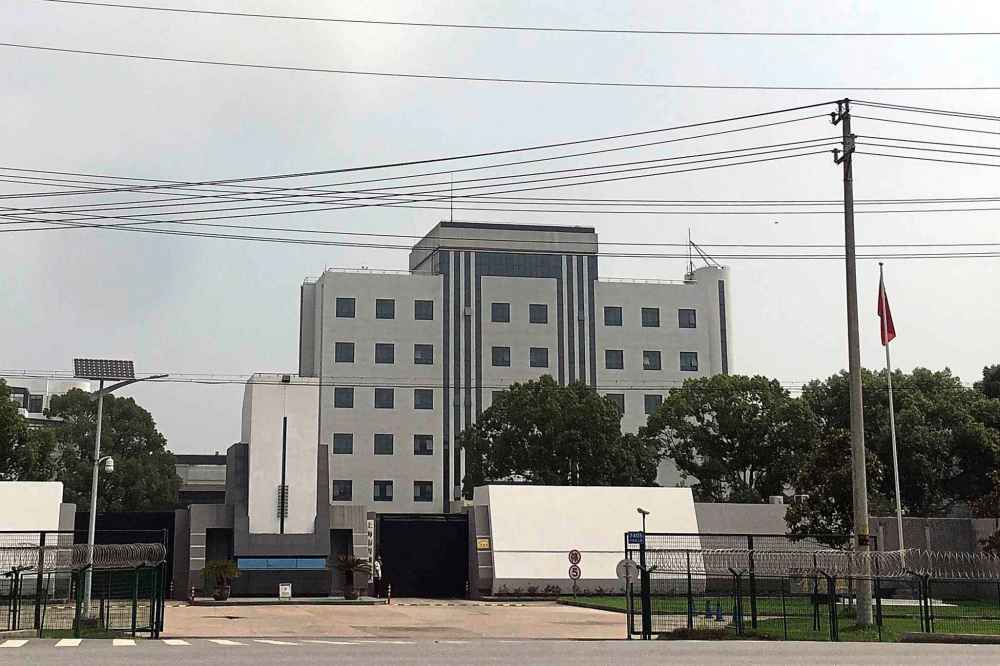A Christmas plea from Chinese gulag
Read this article for free:
or
Already have an account? Log in here »
To continue reading, please subscribe:
Monthly Digital Subscription
$0 for the first 4 weeks*
- Enjoy unlimited reading on winnipegfreepress.com
- Read the E-Edition, our digital replica newspaper
- Access News Break, our award-winning app
- Play interactive puzzles
*No charge for 4 weeks then price increases to the regular rate of $19.00 plus GST every four weeks. Offer available to new and qualified returning subscribers only. Cancel any time.
Monthly Digital Subscription
$4.75/week*
- Enjoy unlimited reading on winnipegfreepress.com
- Read the E-Edition, our digital replica newspaper
- Access News Break, our award-winning app
- Play interactive puzzles
*Billed as $19 plus GST every four weeks. Cancel any time.
To continue reading, please subscribe:
Add Free Press access to your Brandon Sun subscription for only an additional
$1 for the first 4 weeks*
*Your next subscription payment will increase by $1.00 and you will be charged $16.99 plus GST for four weeks. After four weeks, your payment will increase to $23.99 plus GST every four weeks.
Read unlimited articles for free today:
or
Already have an account? Log in here »
Hey there, time traveller!
This article was published 23/12/2019 (2180 days ago), so information in it may no longer be current.
A girl in England was astonished to find a handwritten note inside a box of Christmas cards her family had bought at a Tesco supermarket.
“We are foreign prisoners in Shanghai Qingpu Prison China. Forced to work against our will,” the note said. The girl’s father passed the note on to Peter Humphrey, a British former journalist and corporate fraud investigator who spent 23 months in Qingpu Prison in 2014-15, and he made the matter public. Tesco promptly quit selling that line of Christmas cards.

Qingpu Prison does not have foreign prisoners being forced to work, the Chinese Foreign Ministry spokesman told reporters. The plaintive anonymous message from inside the prison, however, carried a stronger ring of truth.
Canadians’ attention has been tightly focused on China’s prisons for a year now, ever since the Chinese police captured and incarcerated businessman Michael Spavor and former diplomat Michael Kovrig. They have been locked up since early December 2018 as hostages to compel Canada’s release of Huawei executive Meng Wanzhou. Ms. Meng is under house arrest in Vancouver while contesting extradition to the U.S. on fraud charges.
Canada has repeatedly asked for the release of the two Michaels. China’s blunt answer was that the way to improve Canada-China relations is to release Ms. Meng — what U.S. President Donald Trump might call quid pro quo: you do me a favour, legal or not, and I’ll give you what you want.
Ms. Meng has every reason to stretch out her extradition hearing as long as possible to at least delay and perhaps avoid a criminal trial on fraud charges in New York. While she delays, in the comfort of her Vancouver home, the two Michaels rot in Chinese prisons.
The opposition parties in Canada’s new House of Commons combined their forces as soon as Parliament met to create, over the government’s objections, a committee to examine Canada-China relations.
The Conservatives have been urging muscular action, such as sanctions against Chinese officials, while the Liberals have been warning against gestures that will anger China.
The committee should seek advice from people — and they are legion — who have spent time in China’s prisons. The research may show China imprisons people for all sorts of reasons having nothing to do with the law and everything to do with the whim of the authorities.
That anonymous note in the box of Christmas cards allowed the world to hear the voice from the gulag, the wisdom earned the hard way by eating the bread of tears. Scholars and diplomats who imagine they can make the Chinese authorities play nice should receive a polite hearing, but the victims of Chinese repression know another side of China, and their advice should also be heard.

Canada is being jerked around by the U.S. government, which took advantage of an extradition treaty to drag us into this mess, and by the Chinese government, which took advantage of its own ruthless, lawless system to snatch Canadian hostages off the streets.
It would be convenient if the parliamentary committee could come up with a better answer — a way for Canada to steer clear of U.S.-China hostilities and to defend its people when they fall afoul of Chinese cruelty.
The best solution at the moment may be to keep those messages coming in the boxes of Christmas cards.







